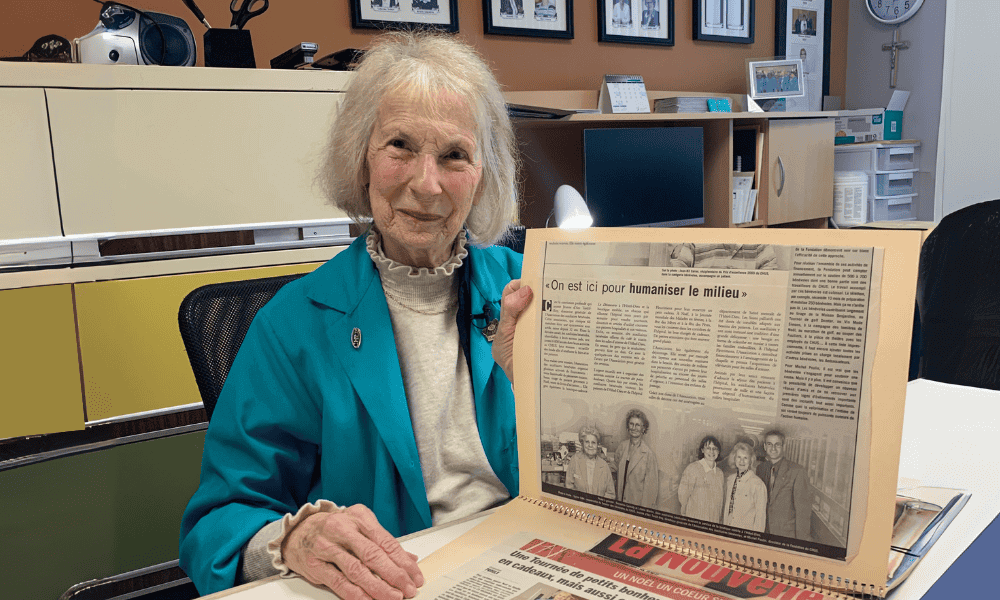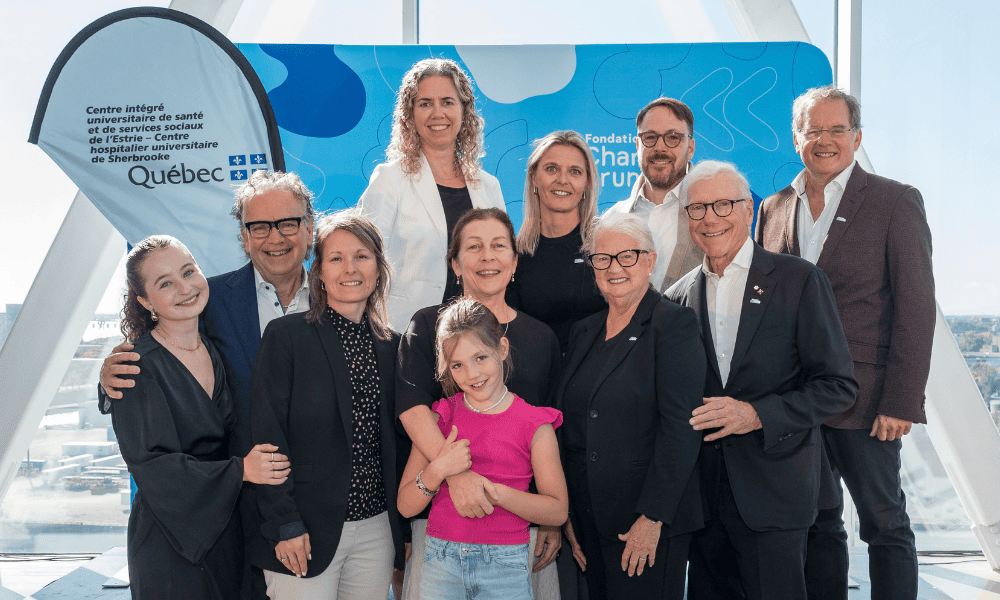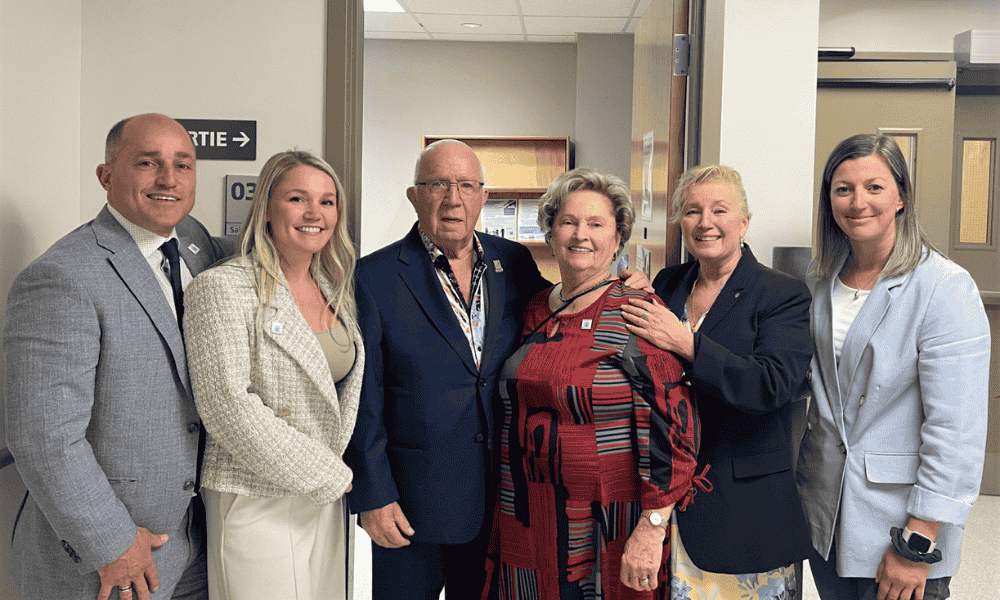News
Little Dany is 6 years old. He has just entered the first year of school and it is almost incredible, but for two years now, he has not had to worry about his food allergy to peanuts to the delight of his parents! As we know, allergies are a source of concern for many and the start of school increases the stress of running into a forbidden food.
.jpg)
As Marco Labrecque tells us, his boy went through many health issues as a baby. “Problems that were resolved but it's a simple bite of peanut butter toast that could have been fatal! ”
That's when Dany's parents, who was 2 years old at the time, met the allergist, Dr. Chantal Lemire. “We jumped on both feet with her in her new food desensitization project. I did not believe that it would be possible, but with rigorous work and follow-up with her and her team, we managed to cure Dany,” explains the father of the family who, to show his gratitude, organized a fundraiser intended, in part, for the Oral Immunotherapy Clinic (CITO) and to pediatrics at Hôpital Fleurimont.

Hundreds of children treated
Since the start of the pilot project in 2018 and the official arrival of the CITO clinic in 2021, 360 young patients have been monitored for the desensitization of their food allergy. Currently, the two allergologists-immunologists in place take care of 160 young patients. “The younger the child is, less than 3 years old, the more the allergy will resolve by 80% and 90%,” explains Dr. Chantale Lemire. “The aim is to improve their quality of life and to reduce the risks of ingesting the allergen.”
Desensitization occurs through the consumption of very small doses of the problem food on a daily basis. The chances of the older patient being desensitized are also 80%. They will be able to eat small quantities of the food to which they are allergic. However, if the older person stops taking a regular dose of the problem food, the allergy will return in one out of every two patients.
“You have to assume that in order not to be allergic, you have to eat the food,” adds Dr. Lemire.
“Dany eats his peanuts every day, it's really important for us,” says his father.
A 5-star service for the whole family at the CHUS!

The Labrecque family is familiar with hospitals, as the eldest son was diagnosed with Bourneville tuberous sclerosis, a genetic disorder characterized by the development of benign tumors and affecting one in 6,000 births. Valier was not yet a year old at the time of diagnosis and his condition still requires regular follow-up at Ste-Justine Hospital, the only place in Canada where the specialized clinic for this disease is located. “Valier's file has been transferred, but we are fortunate to still have his pediatrician in Sherbrooke, Dr. Sébastien Roulier, who monitors him and helps us a lot at several levels,” explains Marco Labrecque. He adds that his spouse's second pregnancy was closely monitored by Dr. Valérie Désilet, a geneticist and obstetrician-gynecologist at CIUSSSE de l'Estrie - CHUS, so that the arrival of the second child, Dany, could be carried out without any problem.

“Having made trips to the hospital two to three times a week, we can say that we had five star service ”, estimates Mr. Labrecque. ” We are lucky to have a hospital like the CHUS, because beyond treatments, there is the support of families provided by caring people who understand us, support us and give us tools to help us overcome daily challenges. Thank you, thank you, thank you! ”
Subscribe to our newsletter!
Pour rien manquer de l’actualité de la Fondation du CHUS.



.jpg)


.jpg)
.jpg)
.jpg)
.png)
.png)
vf.jpg)
.png)
.png)
.png)
%20(1).png)

.png)
.png)
.jpg)
.jpg)

.jpg)
.jpg)
.jpg)
.jpg)
.jpg)
.jpg)
.jpg)
.jpg)
.jpg)

%20site%20web.jpg)





.png)

